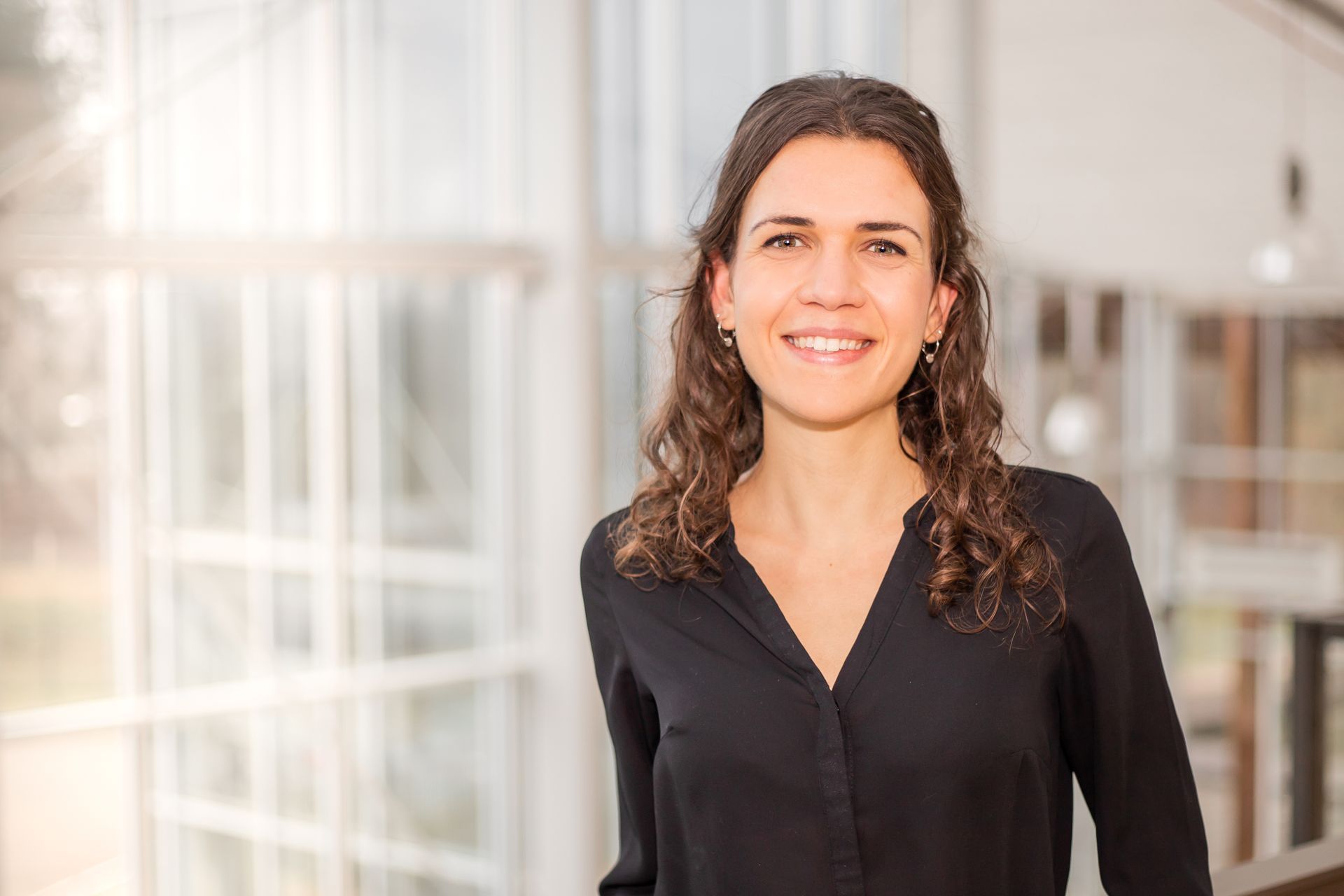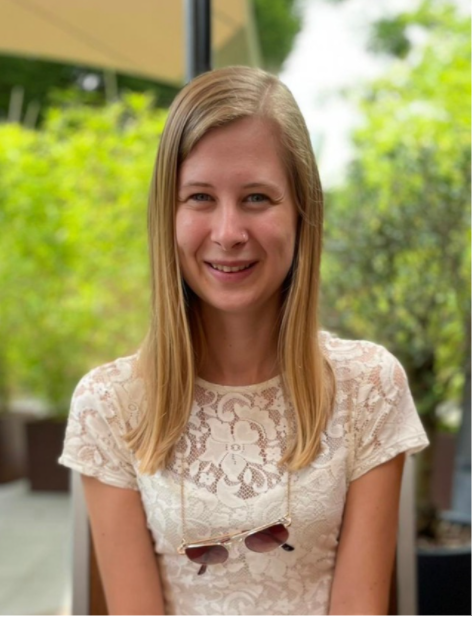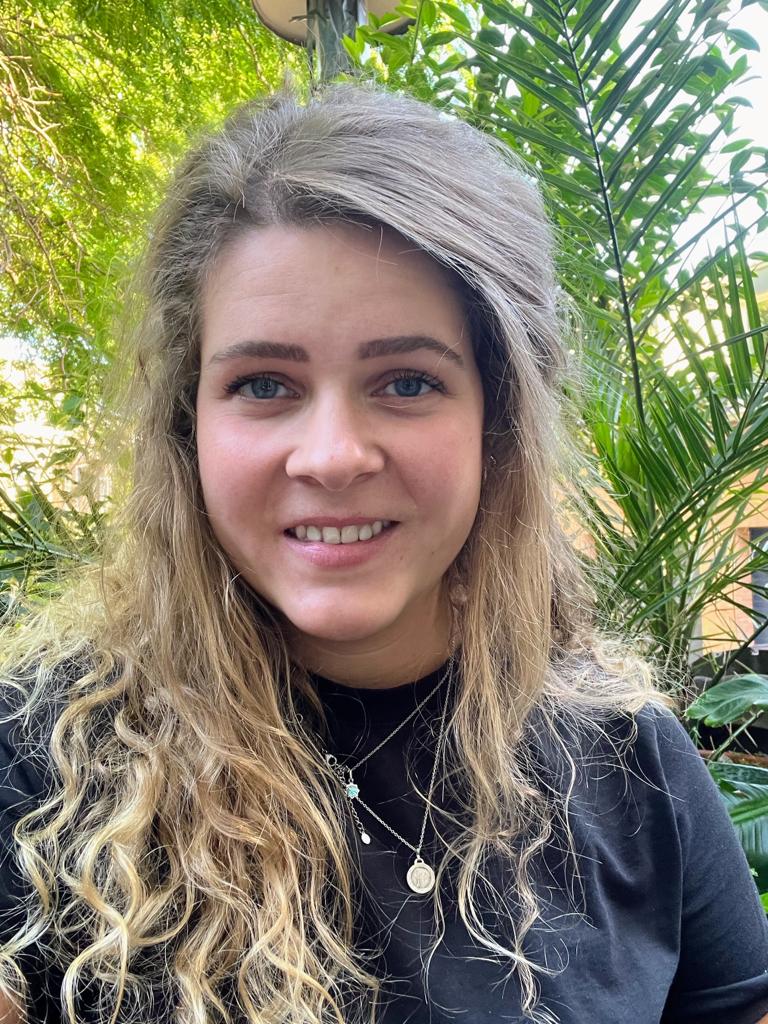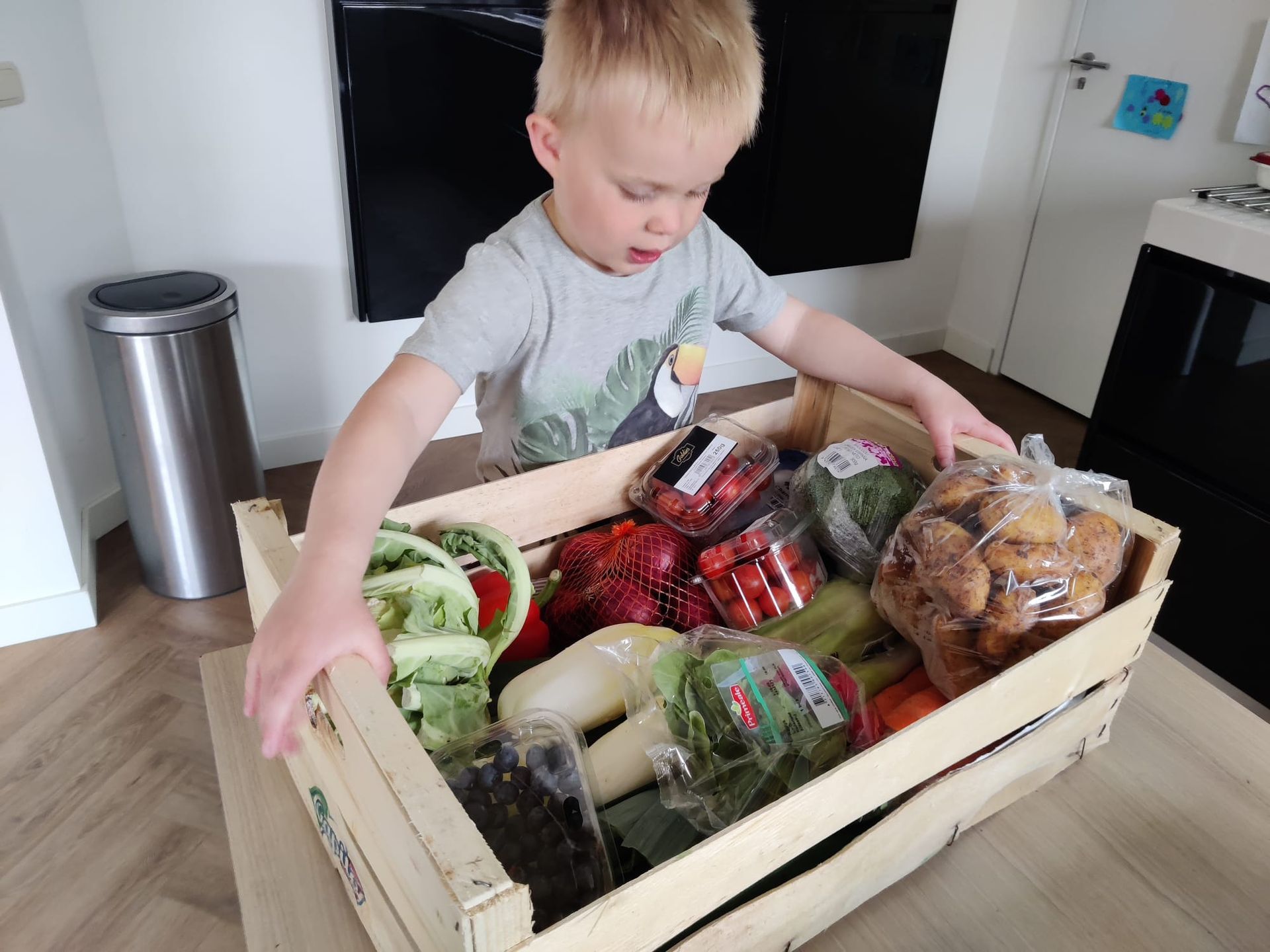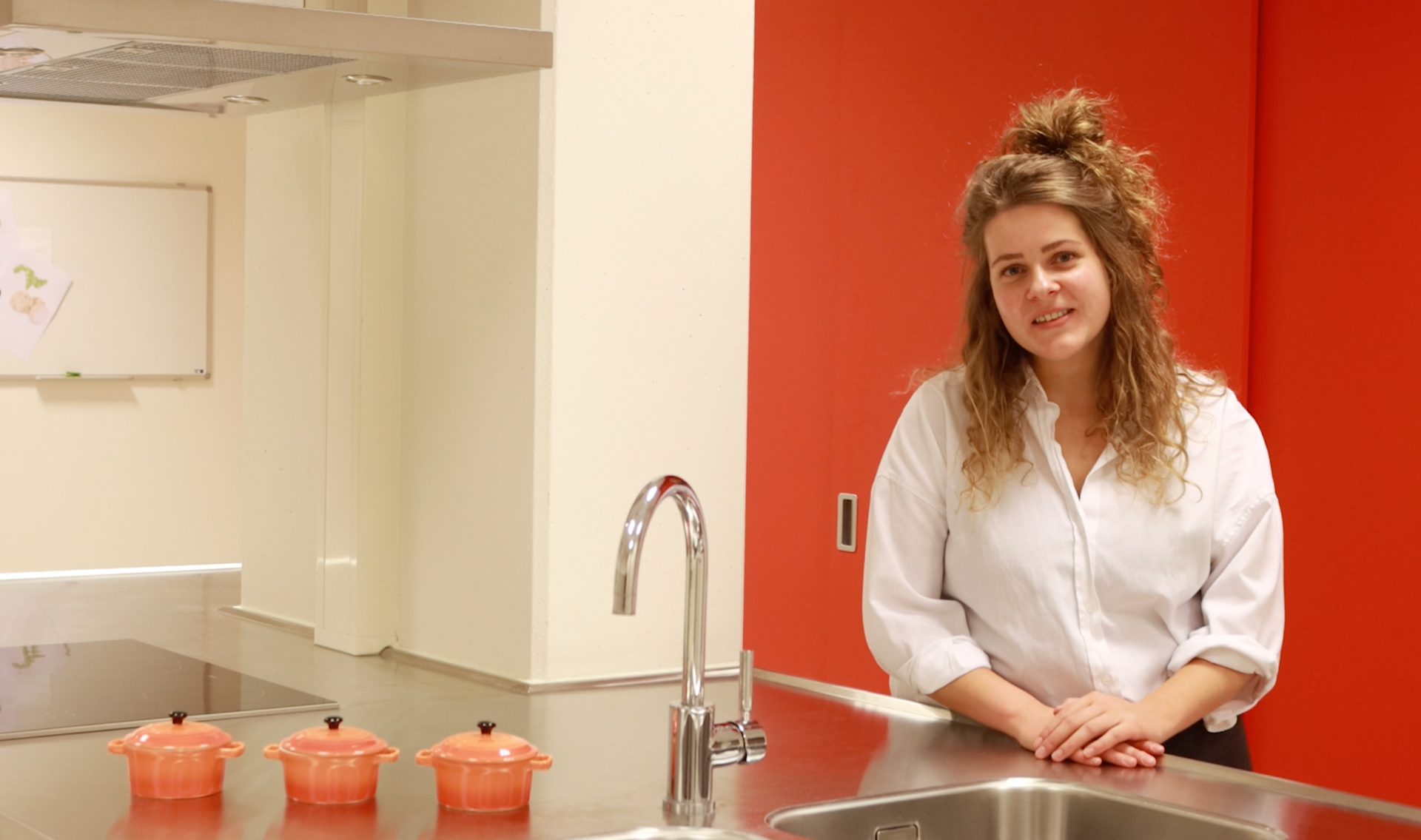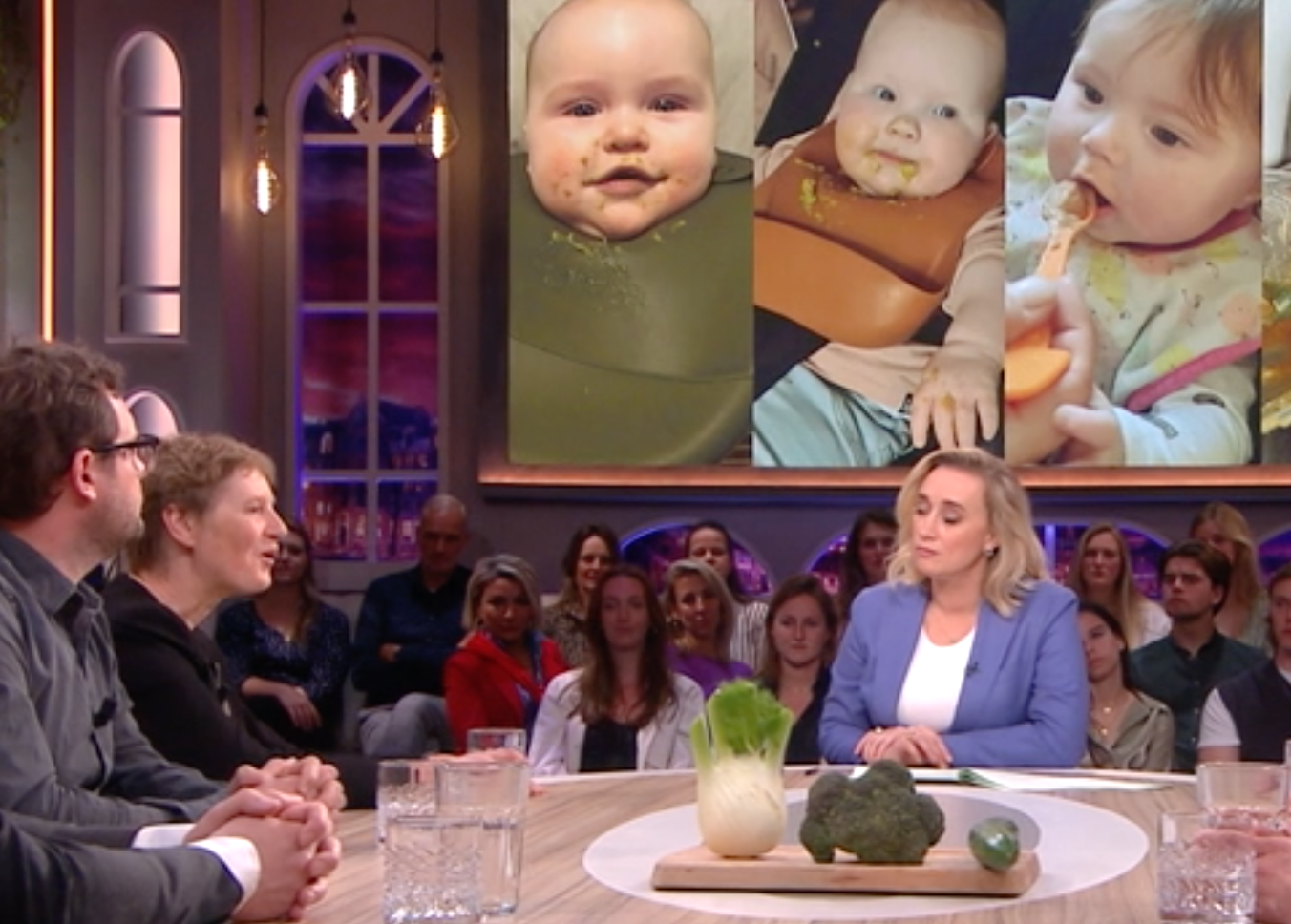Learning to like vegetables
Research by Maastricht University
Scientific research into why a child likes (or dislikes) vegetables
Why does one child like everything and the other child almost nothing?
Although upbringing and environment are very important, the child itself also plays a major role. A child tastes, feels, thinks, and has expectations, which make vegetables enjoyable or not.
In this research we want to find out what goes on inside a child's head and how you can teach a child to like vegetables.
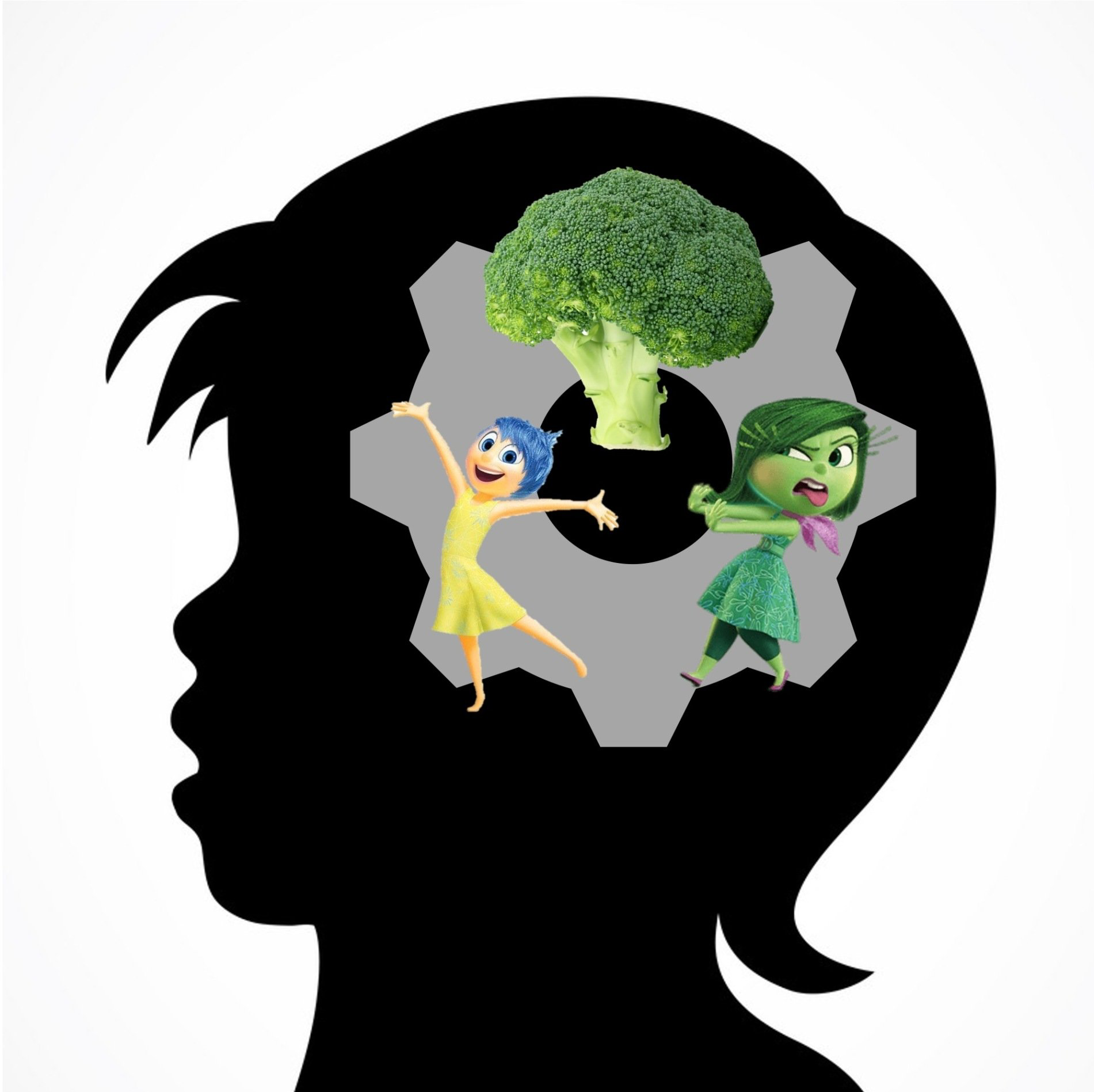
Our projects
2024
Project 7 : Self-serving and memory of food
In this study we are testing whether children eat more vegetables when they are allowed to decide for themselves how many vegetables they put on their plate. We also investigate what children remember about tasty and untasty food. At the moment we are still looking for participants for these studies, which will take place in October/November 2024.
You can sign up by sending an email to: r.mourmans@maastrichtuniversity.nl
2024
Project 6 : Texture of food
Picky eaters are often more sensitive to texture and touch. You feel food texture with your mouth but also with your hands. To get used to a certain texture by feeling it first with the hands, could make tasting a food less scary. To test this we asked 4- and 5-year-olds to play some games in which they felt a texture with their hands that was similar to the texture of passion fruit. We then asked them to try the passion fruit. Children who first felt a similar texture were not more willing to try the passion fruit. We also found that children who were picky eaters according to their parents were less willing to try it and 4-year-olds were also less willing than 5-year-olds.
2024
Project 5 : Study on flexibility in children and their eating behavior
There are indications that children who are more flexible in their behavior are also more open to trying various types of food. For instance, if a child is used to eating broccoli only with applesauce and then is offered broccoli without applesauce, they may refuse to eat it. In this project, we aimed to understand whether there is indeed a connection between children's flexibility and their eating habits. We did not find a connection between flexibility and eating habits of the childen. Increasing this flexibility will therefore probably not affect picky eating behaviour.
2024
Project 4 : Are you more willing to try food when hungry?
In this study, we aimed to understand whether hunger influences children to be more willing to try certain types of food. We also investigated whether it matters if that food is already familiar or unfamiliar to the child. Additionally, we explored differences between children who are more easily accepting of various foods and those who find this more challenging. The results showed that children who were hungry were more willing to try both familiar and unfamiliar fruit. It did not matter whether children were picky eaters or not. They did eat more of the familiar fruit. Do you want to let your child try a new food? Give it to them when they're hungry or at the start of a meal.
2023
Project 3 : How children categorize and remember fruits and vegetables
In a study involving children aged 4-6 years old, we investigated how they categorize food and what they remember. We found that children often used color as a basis for categorizing and remembering food. Children who were better at categorizing the type of food also had a better memory of what kind of food it was. We didn't find a connection with picky eating behaviour. Other factors, such as how familiar the food is, seem to play a larger role in children's acceptance of food.
2022
Project 2: Does choice make vegetables yummy?
Motivating a child to eat vegetables is not always easy. How can you tempt them to take a bite? In this project, we studied the role of free choice of the child. The results of this study revealed that children who were given a choice, were more willing to taste a new vegetable.
2022
Project 1 : Vegetable-study
Development of taste and preference in young children
In this project we track children from 3 to 5 years old.
We test what they like and how picky they are. We also look at how well they can taste, what they think about different textures and what they already know about different flavors. How do children develop and does this influence what they like?
2021
Project NEMO Science Museum:
Come taste that!
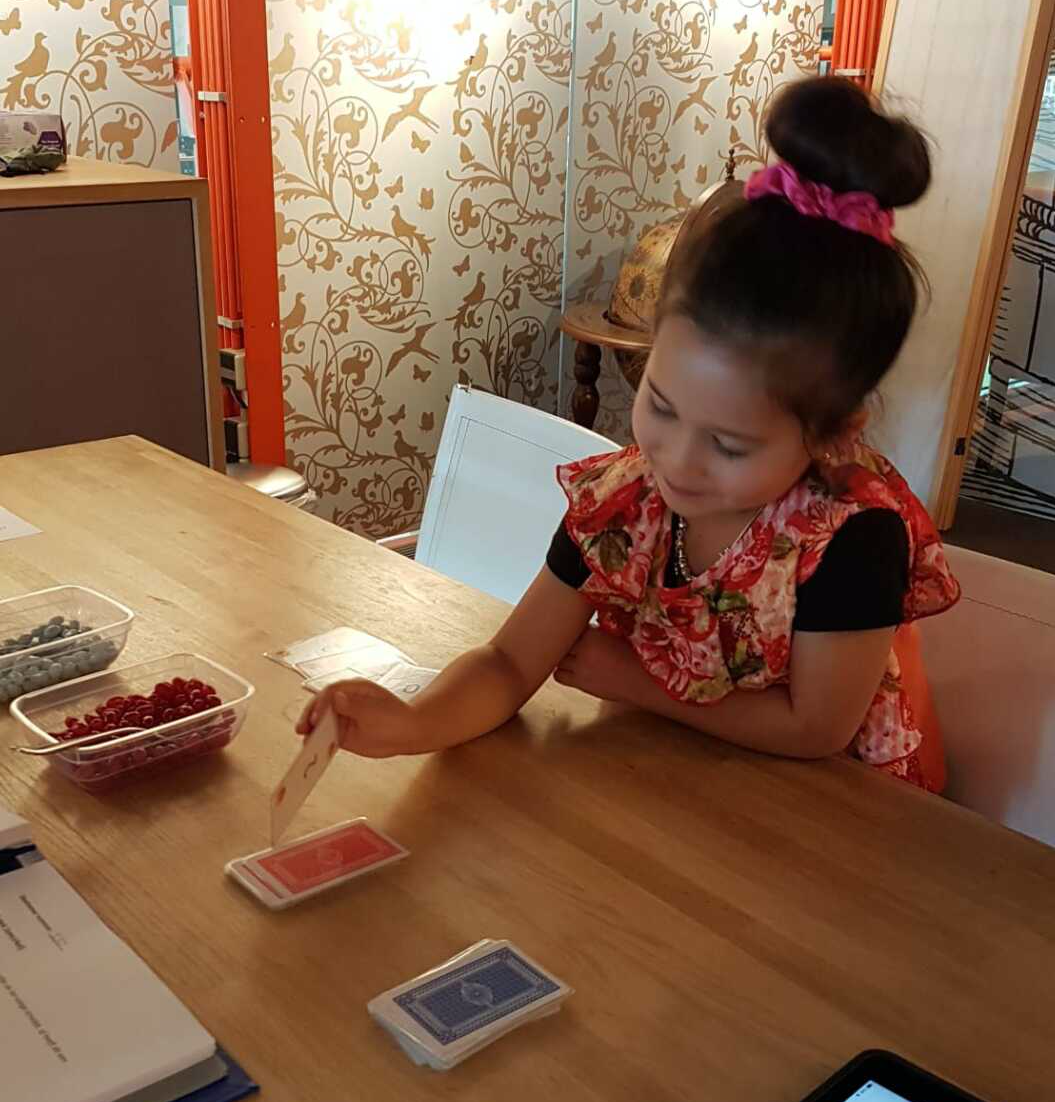
In the NEMO science museum in Amsterdam, we conducted research into picky eating among children aged between 4-15 years. We looked at how well the children could taste a bitter taste. Not everyone has the same taste buds: for some a Brussels sprout tastes more bitter than for others. We also used a candy game to see whether children dared to take a gamble, and potentially had to eat a very distasteful candy, or whether they rather avoid this and prefer to take one less tasty candy. The results show that being able to taste a bitter taste does not have much influence on picky eating. However, it appears that children who have difficulty with new vegetables are also the ones who do not like to gamble in the candy game. So picky eaters seem to like to play it safe!
2025
April 2025
We have officially finished the data collection of our longitudinal study 'cognitive processes in learning to like vegetables'! An infographic (in Dutch) is available with a summary of the most important results (see the Dutch page on this website). We are now working on the scientific papers, which will be shared on this website once published.
2024
October 2024
On October 5th, during the 'Weekend van de Wetenschap' (Weekend of Science), we were at Maastricht UMC+ where children and parents could join us for various experiments about taste. Under the theme "Flavors to See, Smell, and Taste," we demonstrated that tasting isn’t just about your tongue—your eyes and nose also play an important role. Visitors could also use the Veggiemeter to check if they were eating enough vegetables. A fun and educational day!
August 2024
We are ready for the last round of Project 1, the vegetable study: development of taste and preference in young children. We will visit the children one last time to see how their eating habits have developed.
June 2024
On the 7th of June we organized the Child Eating Behavior Symposium in Maastricht, where national and international researchers connected with health care professionals, therapists and students. It was a dynamic and connecting meeting in which new insights on child eating behaviour were shared.
2023
May 2023
The tests with the 3-year-olds of Project 1 are completed! We raffled some vegetable boxes among the participating childcare centers and children, which have been received with great enthusiasm! Currently, the preparations for the next tests are in full swing. When the children are 4 years old, we will pay them another visit.
March 2023
Rosalie Mourmans was interviewed by newspaper AD discussing the effect of letting children choose their vegetables on willingness to taste them.
https://www.ad.nl/gezond/bah-lust-ik-niet-deze-strategie-moedigt-kieskeurig-etertje-aan-tot-proeven~a2f51fd5/
February 2023
Rosalie Mourmans' study is nominated for the 'Klokhuis Wetenschapsprijs 2023' (science award): 'If you can choose yourself, will you enjoy eating vegetables more?' https://www.hetklokhuis.nl/dossier/153/klokhuis-wetenschapsprijs
2022we alinea
October 2022
Anouk van den Brand was Interviewed by UMagazine: 'Mmm... carrots! How to teach toddlers to love vegetables'.
https://www.maastrichtuniversity.nl/nl/nieuws-agenda/umagazine
April 2022
RTL EditieNL interviewed Anouk Hendriks, regarding the question 'why do we always seem to have room for dessert?'.
https://www.rtlnieuws.nl/editienl/artikel/5303147/altijd-ruimte-voor-toetje-zoet-na-avondeten-universiteit-maastricht
Furthermore, Sjaan Nederkoorn was invited as a guest at Eva Jinek (RTL 4) on the project 'learning to like vegetables'.
https://www.evajinek.nl/onderwerpen/artikel/5302967/marcel-levi-over-waarom-kinderen-te-weinig-groente-eten
Scientific publications
- Van den Brand, A. J. P., Hendriks-Hartensveld, A. E. M., Havermans, R. C., Mourmans, R., Fleischeuer, B., Broers, N. J., & Nederkoorn, C. (2025). Food rejection is associated with tactile sensitivity and tactile appreciation in three-year-old children. Appetite, 204, 107769. https://doi.org/10.1016/j.appet.2024.107769
- Nederkoorn, C., Van den Heuvel, E., Van den Brand, A. J. P., Swart, N., Schreuder, C., & Hendriks-Hartensveld, A. E. M. (2025). Tactile tastes: Testing the relation between tactile thresholds, liking of textures and pickiness in eating. Appetite, 204, 107767. https://doi.org/10.1016/j.appet.2024.107767
- Fleischeuer, B., Mourmans, R., Dibbets, P., Houben, K., & Nederkoorn, C. (2024). Food rejection and the relation with category-based induction and memory in young children. Appetite, 193, 107130. https://doi.org/10.1016/j.appet.2023.107130
- Mourmans, R., Fleischeuer, B., Dibbets, P., Houben, K., & Nederkoorn, C. (2023). Choice-induced tasting. Evaluating the effect of choice on children’s acceptance of an unfamiliar vegetable. Appetite, 191, 107049. https://doi.org/10.1016/j.appet.2023.107049
- Van den Brand, A. J. P., Hendriks-Hartensveld, A. E. M., Havermans, R. C., & Nederkoorn, C. (2023). Child characteristic correlates of food rejection in preschool children: A narrative review. Appetite, 190, 107044. https://doi.org/10.1016/j.appet.2023.107044
- Hendriks-Hartensveld, A. E. M., Nederkoorn, C., Van den Brand, A. J. P., & Havermans, R. C. (2023). Child-reported vegetable neophobia is associated with risk avoidance for distaste in children aged 4–15 years. Appetite, 189, 106993. https://doi.org/10.1016/j.appet.2023.106993
Partners
Maastricht University
We work at Maastricht University, at the Faculty of Psychology and Neuroscience. This is where all collected data associated with our project is stored and processed.
NWO
This project is funded by the Dutch Organization for Scientific Research (NWO) through the Vici funding instrument.
Daycares
We work together with Spring Childcare, Komkids Childcare, Childcare Center Roermond, Echt-Susteren & Maasgouw, Childcare ZiejeZo, Arthis Childcare, Kaat Childcare, Childcare Center 't Rovertje, and Childcare Center Huisje Boompje Beestje.
Primary schools
More than 60 primary schools in several regions within The Netherlands collaborate on our projects.
Contact us
Do you want to hear more about our projects or do you want to participate in our research?




